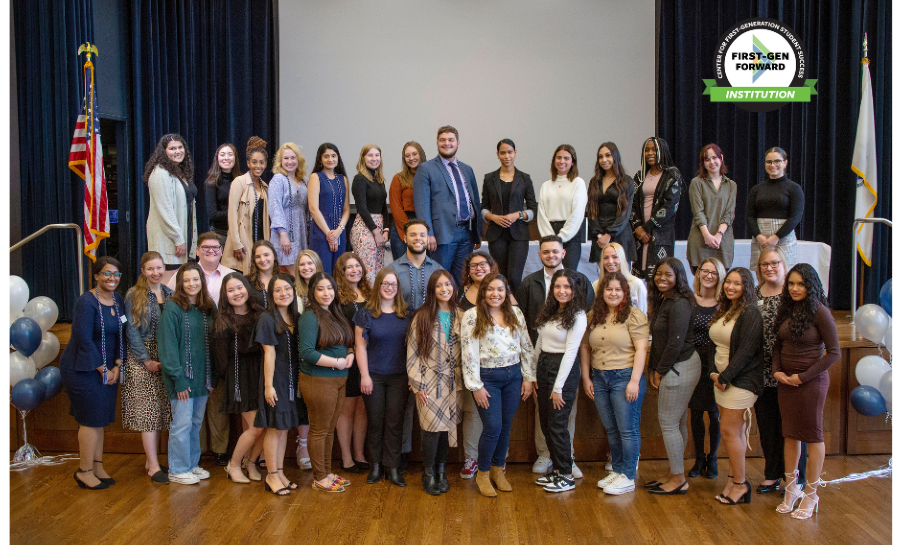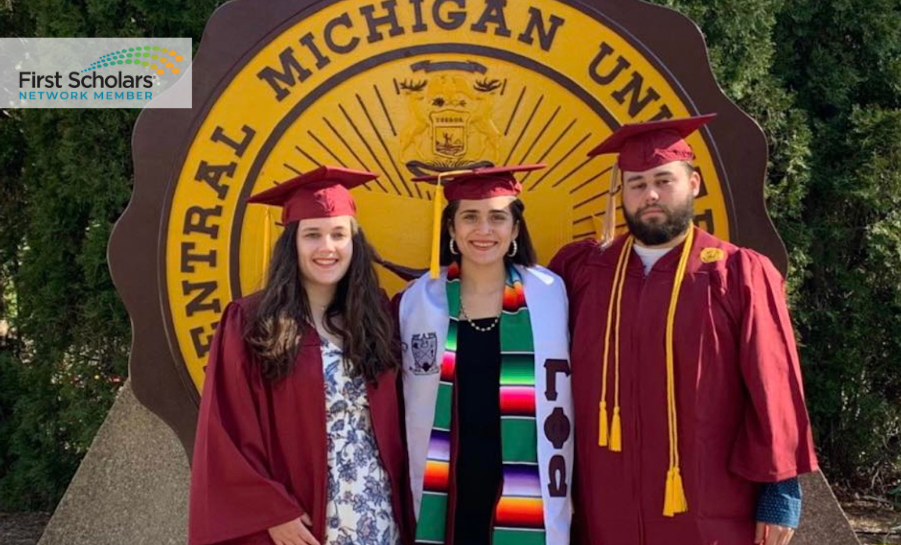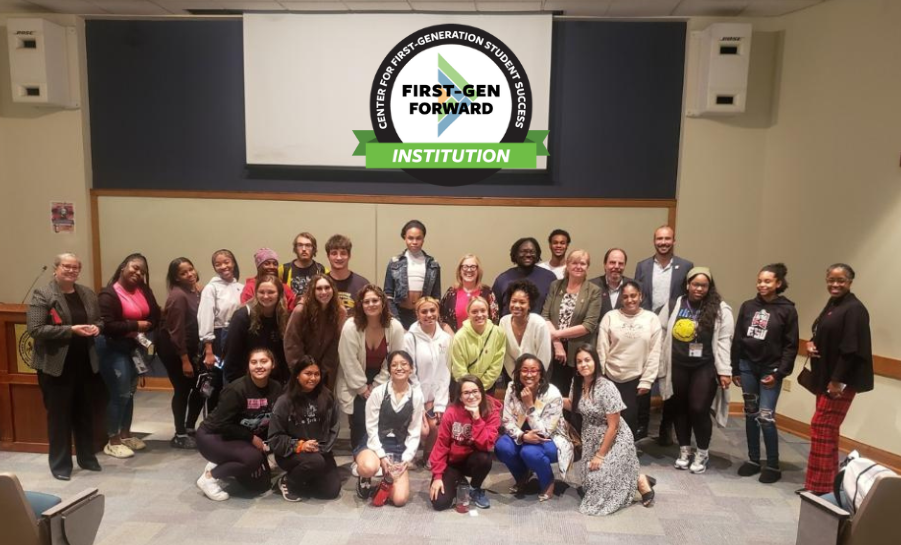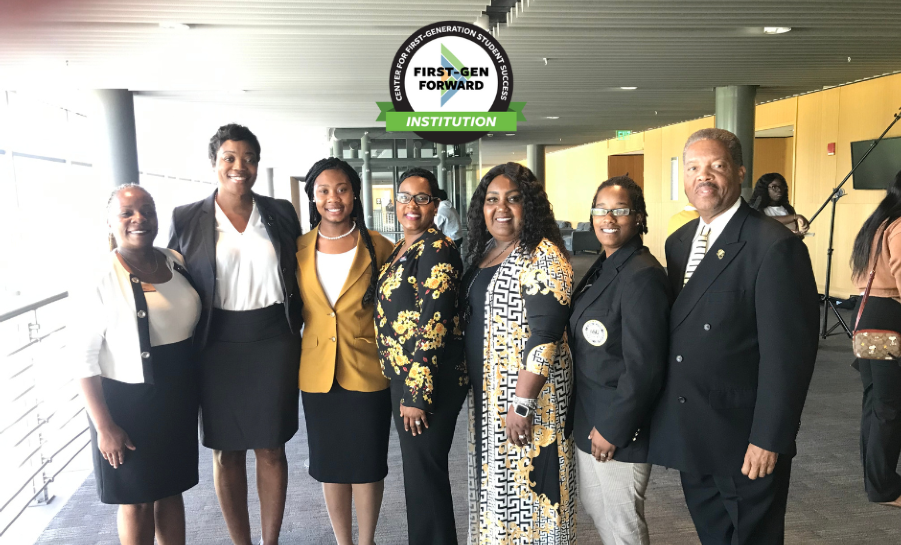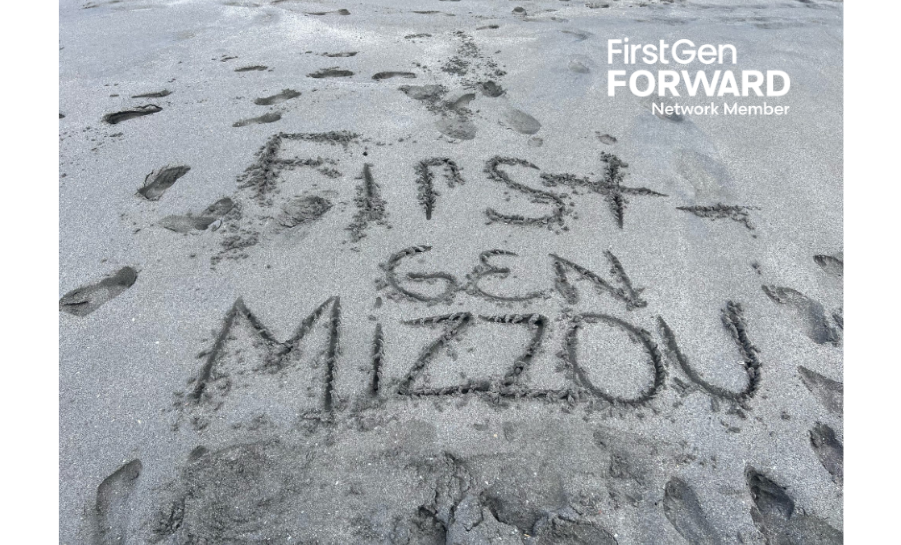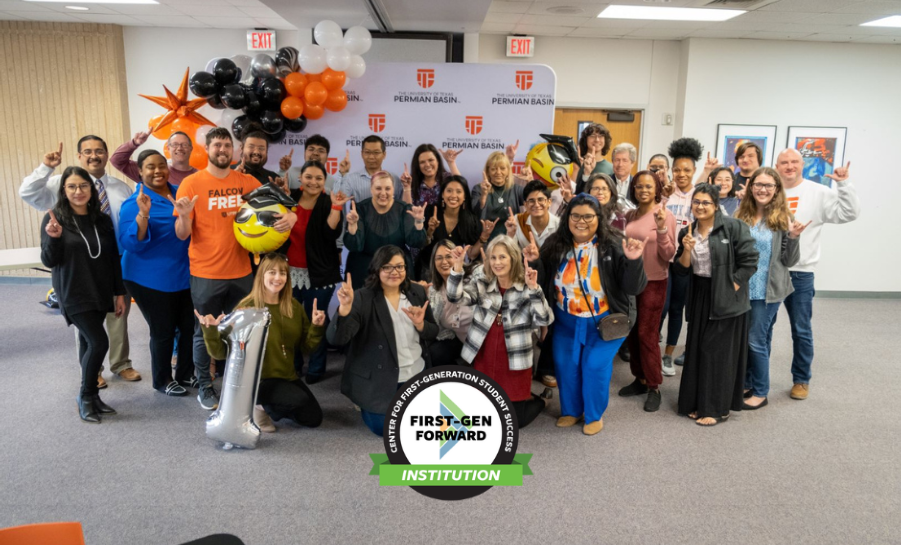One is the Loneliest Number: Advice on Being an Office of One Doing First-Generation Work
Alvert Hernandez, Moravian University / FirstGen Forward / February 08, 2023
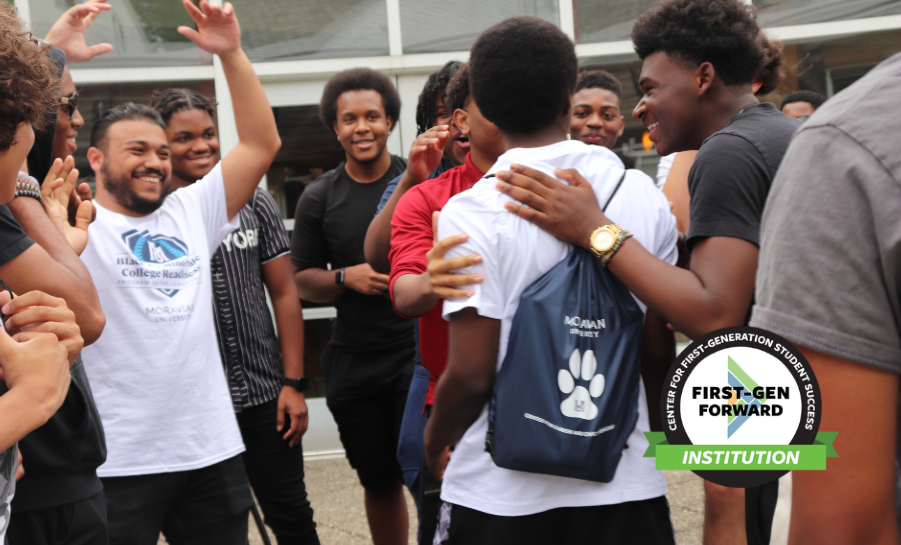
I started an inaugural role as Director of First-Generation Student Initiatives at Moravian University in Bethlehem, Pennsylvania, in May 2022, after working in Residence Life for the first six years of my higher education career. It was a big adjustment, however, I have been able to advance first-generation success. Folks who do first-generation work often refer to themselves as “an office of one”. Further, they sometimes describe first-generation work as one of the many responsibilities within their role. This type of work can be an overwhelming and isolating experience, especially for someone like me who considers it to be deeply personal. In concluding the first year in my role, I wanted to share some advice that I found particularly helpful, in hopes to benefit other “office-of-one” practitioners and their goal to advance first-generation success.
Listen to Your Students … and Involve Them
Since I started in May 2022, it was particularly hard for me to connect with students. Being a first-generation college student of 2016, I understood that much has changed since then and that it was important for me to hear from current students in order to understand how they may best be served. While I tried my best to introduce myself to them, their focus was centered on the upcoming summer break. In turning my attention to the students that were on campus during the summer and the incoming class, I created a foundation on which to build.
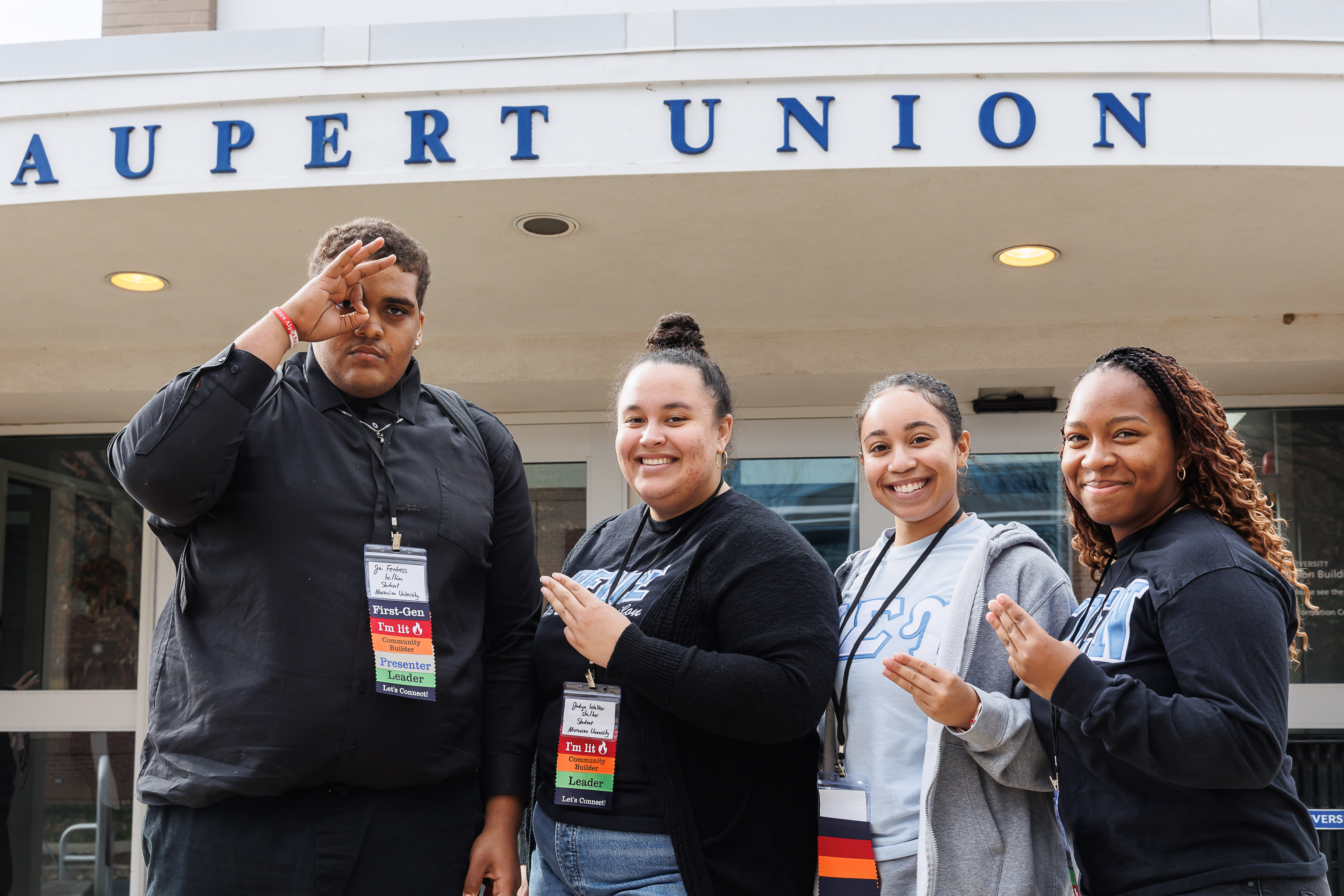
I found the most effective way to meet the students where they are at is by going to them. Of the various means of communicating anymore, I found myself chatting with students in our student center and at the “First-Gen Meet-Ups” — events we offered monthly for faculty, staff, and students to gather and connect. I worked diligently to revamp our Instagram page to disseminate information to students and connect with them. Additionally, I created an active group chat in GroupMe that kept students informed on upcoming events and institutional deadlines that most first-generation college students are generally unaware of (e.g. withdraw dates, class registration, housing selection dates, etc.).
These key moves helped us to accomplish a few things: For one, it allowed us to squash first-generation students’ fears that they are the only ones facing these challenges. Two, it created opportunities for communities centered around being first-generation to develop. And last but not least, it made the work I was doing much more fun and collaborative. In fact, I observed students helping each other, sharing resources, and bringing other students into the group. When we empower our first-generation students to take ownership of their college experience, while simultaneously supporting them through their own experience, they are able to accomplish incredible things and further the work.
Create … but First Connect
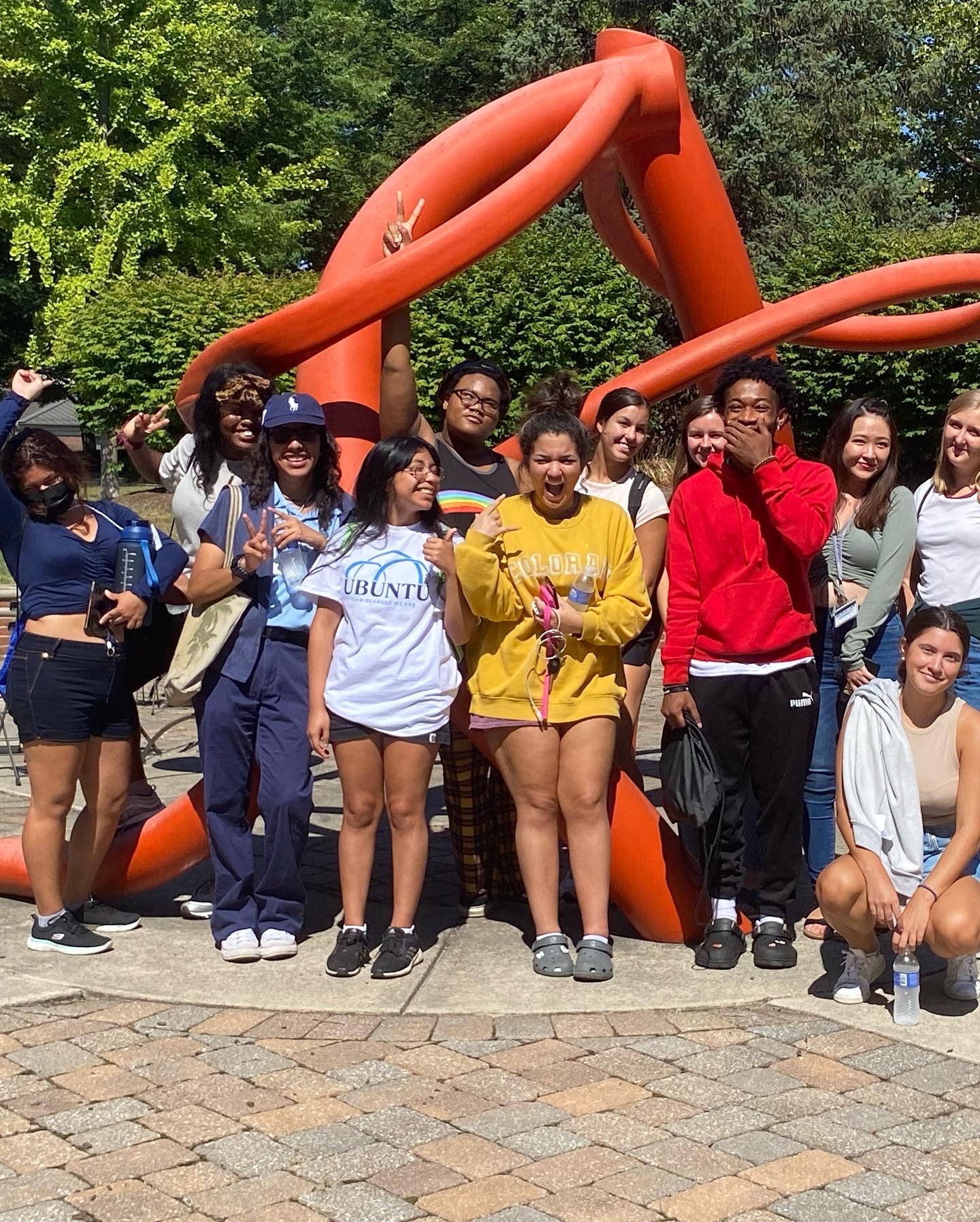
Different ways I immediately connected with campus partners:
- Scheduling 1:1s during the summer months. In these conversations, I identified the best ways to collaborate during the academic year.
- Attending staff meetings of other offices and department areas to introduce myself, my role, and the ways we can collaborate.
- Speak at institutional staff and faculty meetings.
- Send an all-campus email introducing myself to faculty, staff, and students.
After connecting with campus partners and students, I was able to better understand where the gaps were in the institution. By this point, I created some great initiatives that positively impacted our first-generation college students. Some notable initiatives include:
First Hound Talks: A limited series podcast that included first-generation students from around the campus to share their insight on a variety of topics that impact first-generation college students.
Bridging the Gap: A student leadership conference for students of historically marginalized backgrounds that featured first-generation college students, faculty, and staff as speakers to discuss best practices on supporting students.
First Hounds Mentor: A program dedicated to connecting first-generation students with a faculty or staff mentor. We were able to accommodate 20 first-generation students with mentors which met with them monthly. We had mentor/mentee pairs attend several large scale campus events as well as recurring connection opportunities.
My first year as Moravian’s Director of First-Generation Student Initiatives has offered me a number of opportunities to learn and grow as a benefactor for first-generation students. I have created and facilitated programs and conversations that center around the needs of current students. My hope is that my first-year reflection helps you in advancing first-generation student success on your own campus. We are stronger together!
